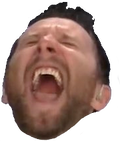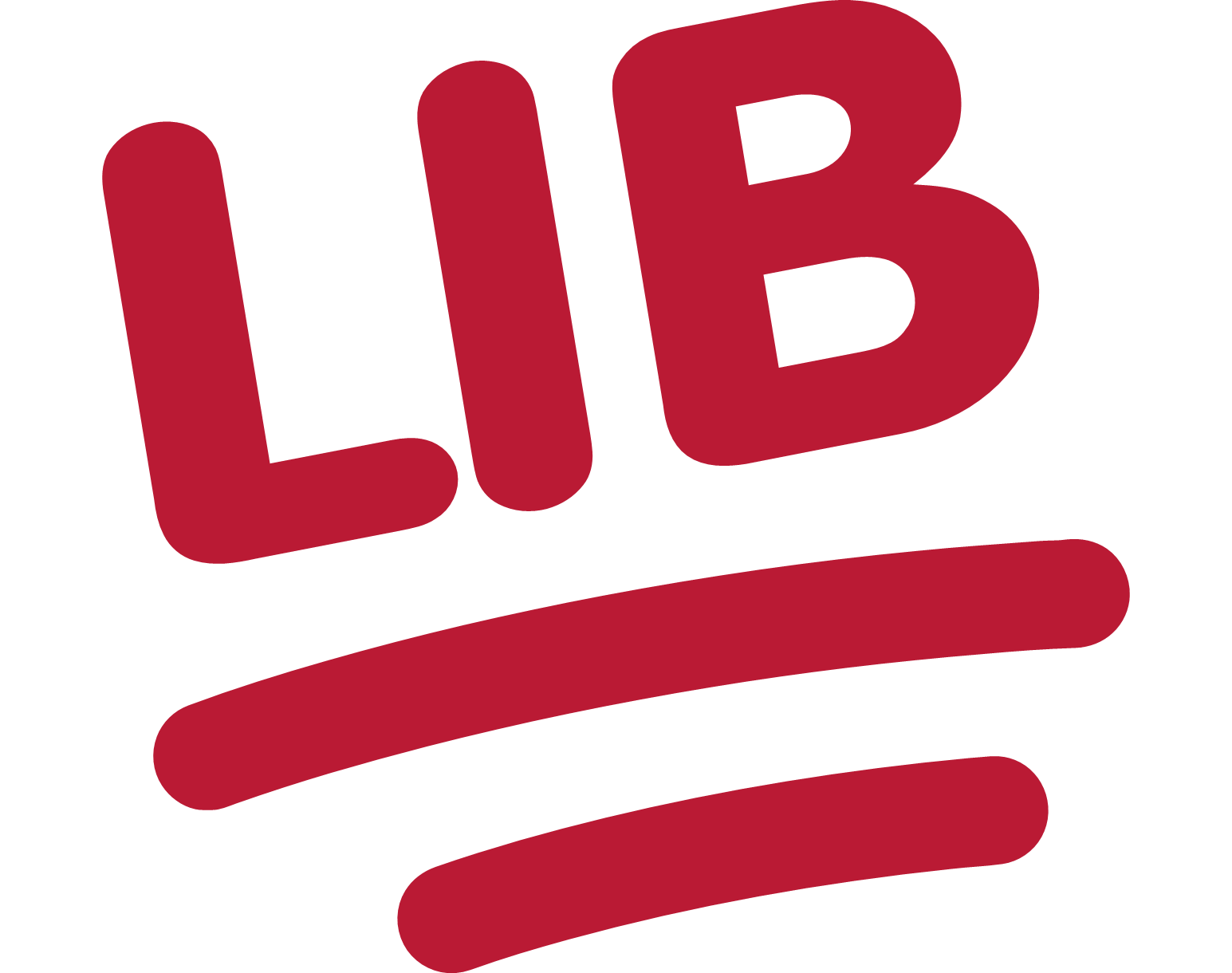You're not a tankie. Tankies deny the oppressive nature of Russia, China, North Korea etc., deflecting all critique with whataboutism by pointing at shortcomings or atrocities of Western nations. Some like to call you Nazi or imperialist if you disagree with them, while in many aspects their ideology and that of their paragon countries is much closer to Nazism than that of liberal democracies like the ones you mentioned.
Your not doing very good job. Your just coming off as an idiot too me.
Do you think maybe he should have exercised more authority, better strengthened defenses and built up a stronger base for combatting imperialism, that he could have avoided this (I don't have an exact policy path, and it's not like Sankara didn't put down certain reactionary movements when necessary)?
Can you be more concise? Your run on sentences make me want to stop talking to you.
Im not here to go over the specifics of Sankaras's
Decisons: But From what I do know. He fought corruption, he pushed literacy programs and fought malnutrition. All While resistsing western imperialsm.
Im sure he made mistakes and did some problematic things. As an anarchist I can appreicate the good things he did and be open to the concept that he also did bad things as well.
Just like the USSR CPC and other communist governments.
I'm sympathetic to Sankara of course, but if your ideal system of resisting authority succumbs to counter-authority, then maybe you don't have grounds to condemn greater authority exercised to these ends.
Your going to have to rewrite, this i dont understand what you are saying. Are you referring to me or Sankara?
Other people understood that I was being sarcastic as well.
Well you got me. Maybe im not in the mood for jokes. I am so tired of having these conversation. It makes me so sad to see people supporting these countries.
Russia and china are not examples of a good government. Neither is the usa. I feel like im taking crazy pills.
Why did you single Sankara's Burkina Faso out when speaking of exceptions to authoritarian communism
Because i know about him and agree with many things that he did. Not everything, but he didnt build an imperialst nation. He fought for literacy and nutrition and anti corruption.
He didnt build a survelence network or invade another nation to my knowledge.
He fought for his people using the principles revolutionary communism and ML. This I support.
Just like i can recognize that the CPC does provide many valuable things to it citizens . While also recognizing that they are still authoritarnian.
Rephrased: If your one exception to "authoritarian communism" is a government that was overthrown by imperialism, what does this say about the use of authority in revolutionary states?
I dont know. Im not here to tell you how sankara could of avoided assassination. But I do feel that acting like Sankara is the same as the cpc/russia in any real way is kinda absurd.
Cuba is better example of communism than cpc. Once again they have problems.
Ultimately i am an anarchist, i dont think communism is the solution long term, but i would work with communists, As long as they didnt support large authoritarian governments.
The last part reads as being in reference to you, since the socialist states you hate took measures to survive whereas ones like Allende's Chile folded and their progress brutally reversed.
If Sankara had been more effective in protecting the revolution, you very likely would hate him too because he would be smeared just like Fidel and the rest as "authoritarian" etc. Imo this wouldn't be because of whatever specific measures he took, but the mere fact that he would have posed a more substantial ideological threat to the west for living and being able to keep making progress.
We've read plenty of Sankara, time you to to read a little Jakarta Method
This was another very difficult question I had to ask my interview subjects, especially the leftists from Southeast Asia and Latin America. When we would get to discussing the old debates between peaceful and armed revolution; between hardline Marxism and democratic socialism, I would ask:
“Who was right?”
In Guatemala, was it Árbenz or Che who had the right approach? Or in Indonesia, when Mao warned Aidit that the PKI should arm themselves, and they did not? In Chile, was it the young revolutionaries in the MIR who were right in those college debates, or the more disciplined, moderate Chilean Communist Party?
Most of the people I spoke with who were politically involved back then believed fervently in a nonviolent approach, in gradual, peaceful, democratic change. They often had no love for the systems set up by people like Mao. But they knew that their side had lost the debate, because so many of their friends were dead. They often admitted, without hesitation or pleasure, that the hardliners had been right. Aidit’s unarmed party didn’t survive. Allende’s democratic socialism was not allowed, regardless of the détente between the Soviets and Washington.
Looking at it this way, the major losers of the twentieth century were those who believed too sincerely in the existence a liberal international order, those who trusted too much in democracy, or too much in what the United States said it supported, rather than what it really supported—what the rich countries said, rather than what they did. That group was annihilated.
deleted by creator
This post is proof Tom Lehrer was wrong about exactly one thing
You're not a tankie. Tankies deny the oppressive nature of Russia, China, North Korea etc., deflecting all critique with whataboutism by pointing at shortcomings or atrocities of Western nations. Some like to call you Nazi or imperialist if you disagree with them, while in many aspects their ideology and that of their paragon countries is much closer to Nazism than that of liberal democracies like the ones you mentioned.
deleted by creator
No you are not a tankie. You are very painfully a liberal.
Please keep reading and understand there is a difference between authoritarian communism and communism
Please see Thomas Sankara.
https://en.m.wikipedia.org/wiki/Thomas_Sankara
deleted by creator
Your not doing very good job. Your just coming off as an idiot too me.
Can you be more concise? Your run on sentences make me want to stop talking to you.
Im not here to go over the specifics of Sankaras's Decisons: But From what I do know. He fought corruption, he pushed literacy programs and fought malnutrition. All While resistsing western imperialsm.
Im sure he made mistakes and did some problematic things. As an anarchist I can appreicate the good things he did and be open to the concept that he also did bad things as well.
Just like the USSR CPC and other communist governments.
Your going to have to rewrite, this i dont understand what you are saying. Are you referring to me or Sankara?
How could it be bad trolling if you fell for it

deleted by creator
Well you got me. Maybe im not in the mood for jokes. I am so tired of having these conversation. It makes me so sad to see people supporting these countries.
Russia and china are not examples of a good government. Neither is the usa. I feel like im taking crazy pills.
Because i know about him and agree with many things that he did. Not everything, but he didnt build an imperialst nation. He fought for literacy and nutrition and anti corruption.
He didnt build a survelence network or invade another nation to my knowledge.
He fought for his people using the principles revolutionary communism and ML. This I support.
Just like i can recognize that the CPC does provide many valuable things to it citizens . While also recognizing that they are still authoritarnian.
I dont know. Im not here to tell you how sankara could of avoided assassination. But I do feel that acting like Sankara is the same as the cpc/russia in any real way is kinda absurd.
Cuba is better example of communism than cpc. Once again they have problems.
Ultimately i am an anarchist, i dont think communism is the solution long term, but i would work with communists, As long as they didnt support large authoritarian governments.
deleted by creator
So is the USSR not communist by your definition?
deleted by creator
Think on it until you do, because as of now you're useless
The last part reads as being in reference to you, since the socialist states you hate took measures to survive whereas ones like Allende's Chile folded and their progress brutally reversed.
If Sankara had been more effective in protecting the revolution, you very likely would hate him too because he would be smeared just like Fidel and the rest as "authoritarian" etc. Imo this wouldn't be because of whatever specific measures he took, but the mere fact that he would have posed a more substantial ideological threat to the west for living and being able to keep making progress.
Sankara was ML, like me and all the people you're calling "tankies" or "authoritarian" communists
We've read plenty of Sankara, time you to to read a little Jakarta Method
deleted by creator